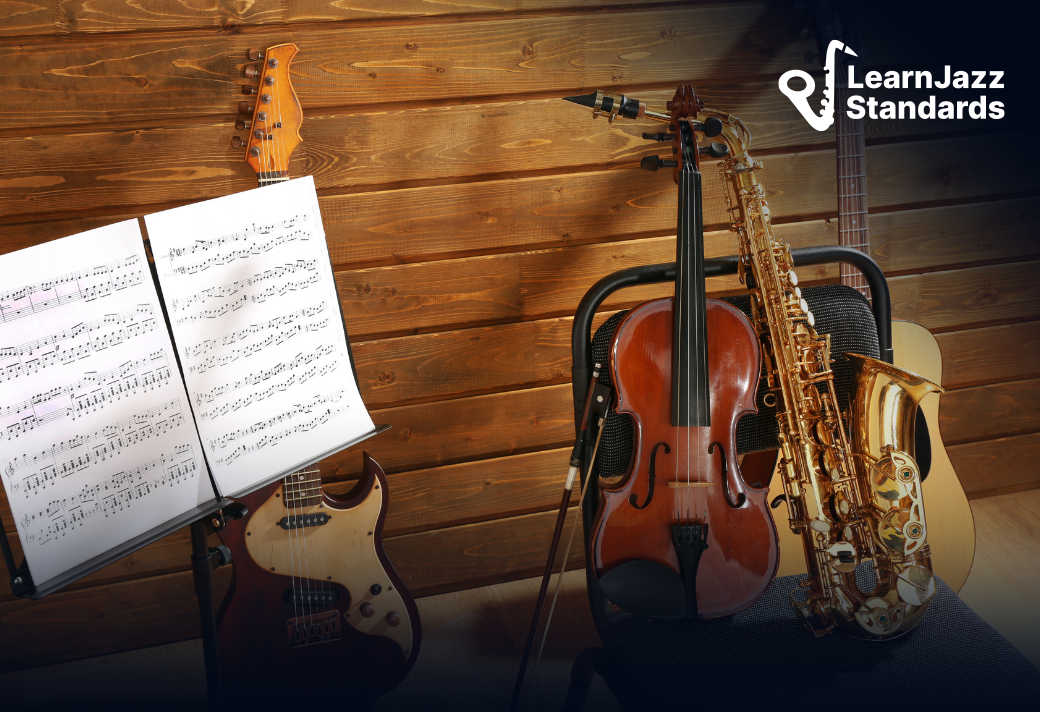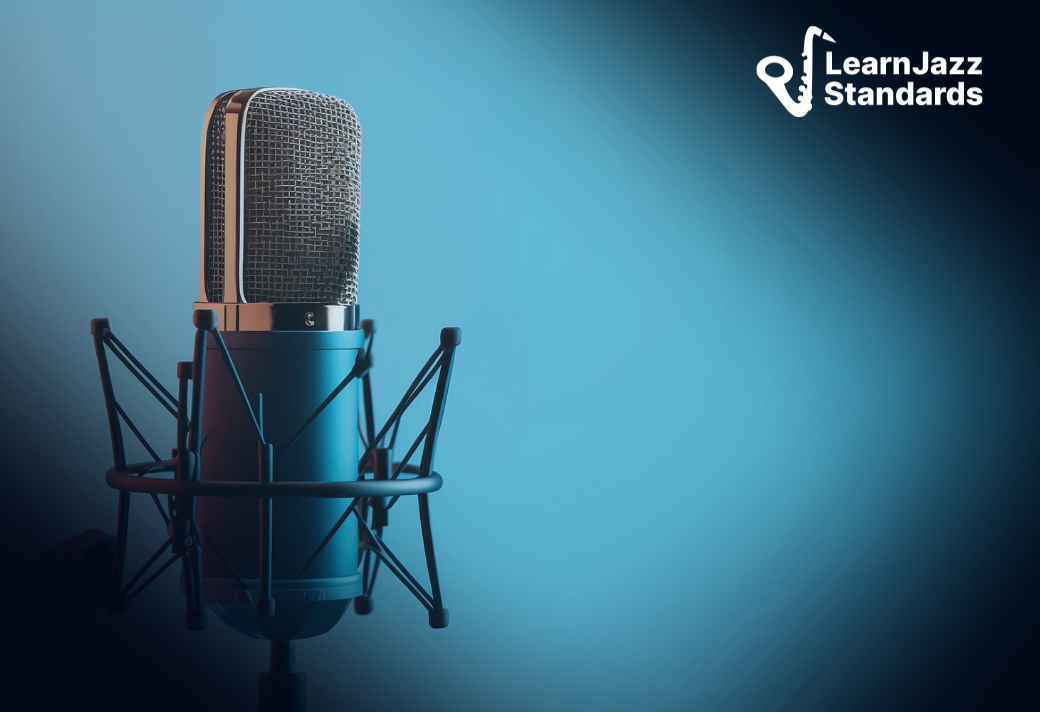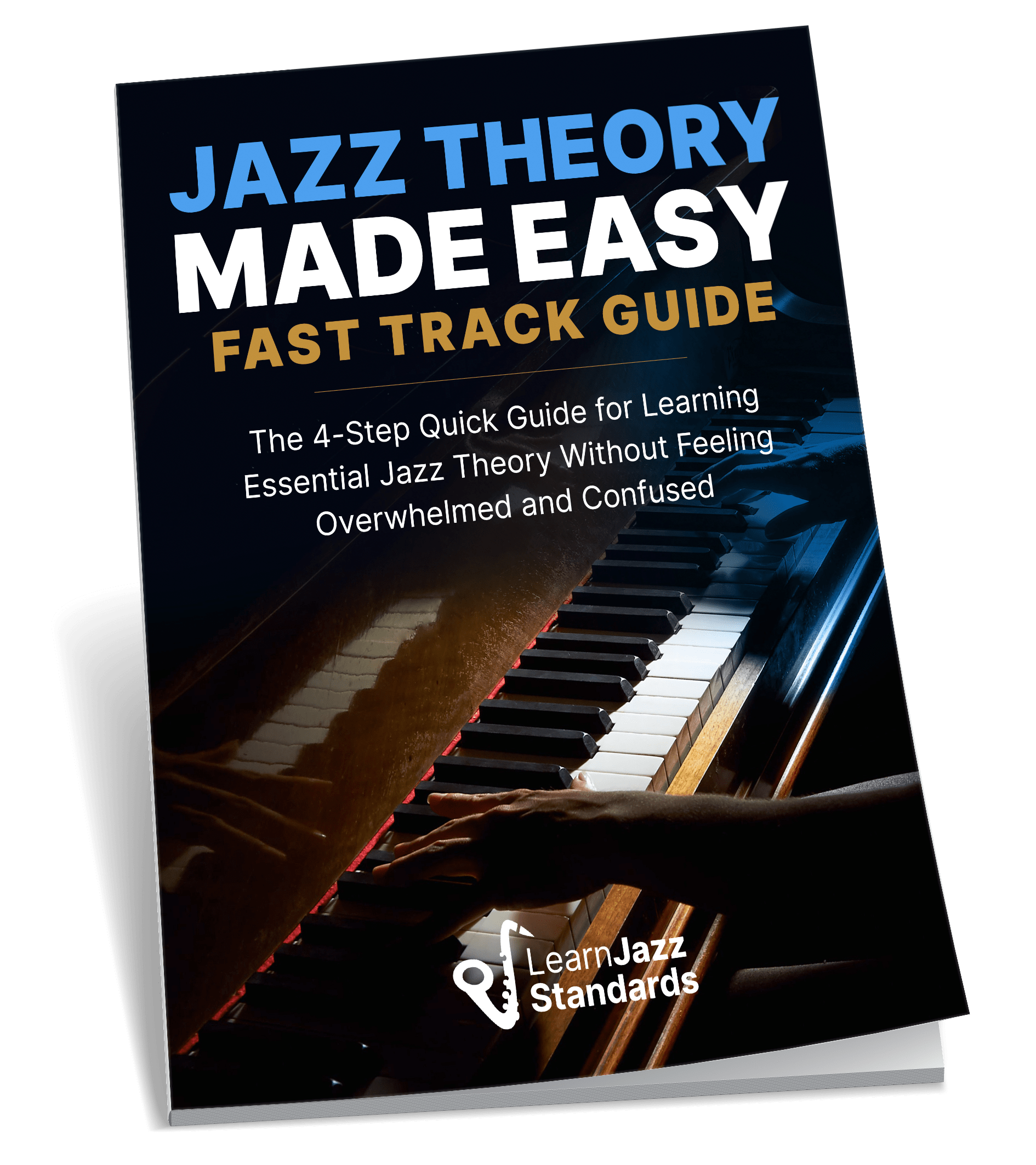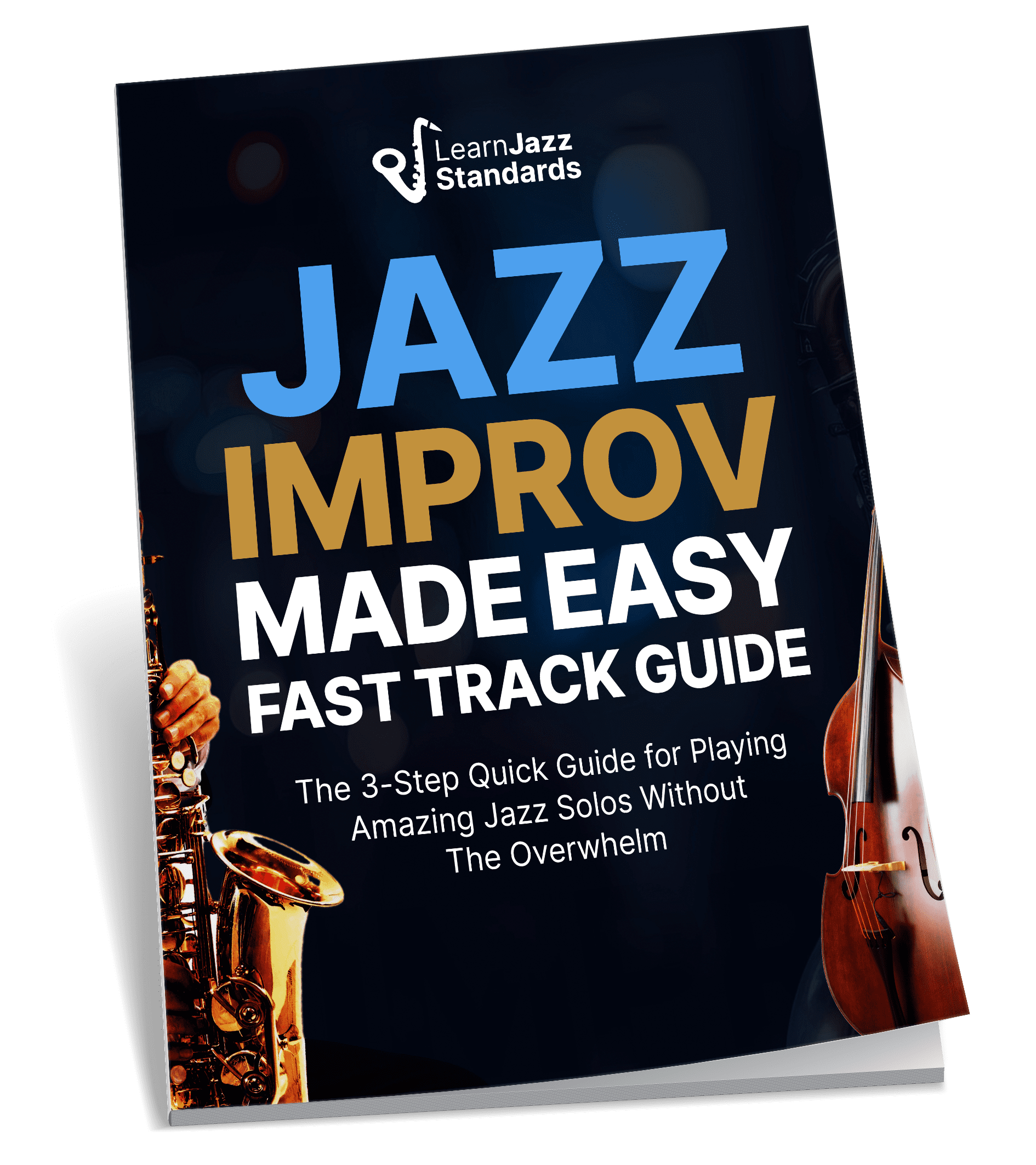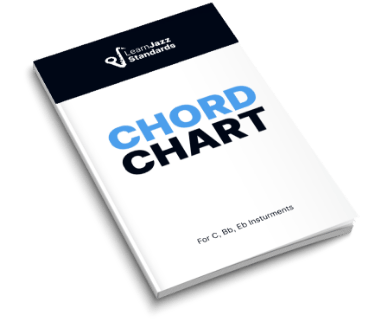It happens to all of us who are serious about music. We get passionate, practice hard, practice even harder and then we get exhausted and hit a plateau. It’s our own musical version of a caffeine high; a huge burst of energy and excitement, only to bring about a sobering crash.
Jazz musicians have a lot on their plate. There are tunes to learn, solos to transcribe, and endless amounts of work to become a great improviser. For the more dedicated among us, it’s easy to fall into periods of obsession and long hours of practice. And while this can reap some excellent results for a while, it can just as easily turn into a proceeding period of frustration and burnout.
This happens to hobbyists and professionals alike. For hobbyists, playing jazz is a passion and they care deeply about learning and improving. I’ve had many students come to me frustrated that they have put in so much work and they feel like they aren’t improving the way they would like to.
Professionals have similar but different struggles. I’ve had moments in my career where I was playing almost every night, and while most other jobs require daily attendance, many do not require an intense amount of focus and creativity. Sometimes you can start running low on creative juices, and the music just isn’t flowing out. But when it’s a job, you still have to deliver.
Which one of these describes you?
-
Frustrated that your playing isn’t improving.
-
Unhappy in general with the way you sound.
-
Unmotivated to pick up your instrument and practice.
-
Tired of your instrument or jazz and are thinking about picking up something else.
Whichever one you can relate to, you certainly are not alone. All musicians who care about the music they are playing come to multiple different points of musical burnout in their lives. The important thing is to know what to do when it happens, and if possible, to avoid it from happening entirely.
Here are three ways you can avoid musical burnout:
1. Invest in long-term results, not short-term.
By far the most common form of musical burnout is getting frustrated with your progress. If you practice a lot, you develop blind spots. You’re so invested in what you sound like at the moment that it can be hard to hear any progress at all.
In reality, you are improving. But think of it the same as observing a child grow taller. For the child’s family, they don’t notice the growth because they are present on a daily basis. It happens so gradually that they are conditioned to see their child the same way. But when a relative comes to visit from out of town they notice how tall the child has grown. They are disconnected from the day-to-day, so they see the progress very clearly.
To avoid burning out and getting frustrated, we need to reprogram the way we think about our progress. For example, many of us like to believe that if we practice for 5 hours, we will surely see the results because, hey, that’s a lot of time to practice. But regardless of whether you do see the results or not, that’s the wrong way to think about it.
If you want to become a better jazz musician or musician in general, you need to be in it for the long haul. We all like easy answers and quick results, but those kinds of things are never the really good stuff. You need to consider your musicianship as a musical journey. Stop thinking of everything mathematically. 6 gigs+24 hours of practice+4 private lessons+10 hours listening to music does not= I can play like Coltrane over Giant Steps. Obviously, this is an exaggeration, but I’m sure you get my point.
At the end of the day, you need to be enjoying yourself. It’s hard to enjoy yourself if you are focused only on short-term results. Don’t think of musical success as a destination but realize it is a journey. Re-program your mind to think in the long-term, and you’ll be far less likely to burnout.
Although, philosopher Alan Watts would even disagree with the terminology “journey.” He couldn’t have said this any better in this excerpt:
2. Let the unconscious mind do its work.
Have you ever had a period of days or even weeks where you didn’t practice your instrument, but when you came back to play it again you felt like you were playing better than when you left off?
Most of us have experienced this, and it’s a real, studied thing. Part of it is, like I mentioned in my last point, that you are disconnected from your work for a while and come back at it with fresh ears. But actually, by letting the unconscious mind have time to process the things you have learned, you will be able to internalize better.
In a study by Loran Nordgren from the Kellog School of Management, a group of subjects was asked to choose the best out of 12 apartments. There were specific rules attached to these such as had to be under a certain amount of monthly rent and no pets were allowed, among others.
Those given four minutes to consider their decision only chose the best possible apartment 29% of the time. But those who had two minutes to consider and then were distracted for another two minutes chose the best possible apartment 58% of the time.
To put this into our terms: sometimes practicing too much is not the best thing to do. Sure you need to practice, but if you don’t give your brain some time to breathe it’s not going to have space to internalize the music you are learning. Sometimes the best thing you can do is put down your instrument and stop practicing.
A lot of times we get burned out because we simply get overwhelmed. But when we are overwhelmed we aren’t even learning to our full capacity. It becomes inefficient. So why not take a break, give it some space, let the information sink in, and come back to it with a fresh pair of ears.
3. Spend as much time getting inspired as you do practicing.
I’m an entrepreneur. Part of the way I make my living is through online jazz education, and it’s something I’m really passionate about. I’m excited to get up every morning to focus on the music I love to play and teach it to other people. But that excitement doesn’t always last, especially when obstacles and challenges get in the way.
My form of inspiration for online entrepreneurship comes in the form of podcasts. I follow leaders in this space and listen to what they have to say on a weekly basis. Even if it’s something I already know, I get inspired just listening to them talk, hearing their success stories and knowing that I’m not alone in my endeavors.
For me, this is so important. If I’m walking through the steps but not spending enough time remembering why I do it and how effective it can be, I start to feel burned out and discouraged.
As jazz musicians, we need to constantly be reminding ourselves why we care about becoming better players. This can come from listening to records of jazz musicians that we admire, or even better, going out and seeing them live. This can come by going to jam sessions and getting inspired or encouraged by other musicians. This can come by playing gigs and getting a check at the end of the night.
There’s a reason why companies hold conferences. It’s to get people amped-up, inspired, and networking. Musicians have these kinds of big events too, but we need to be making for ourselves miniature experiences like these all of the time.
Burnout is something all musicians face. But if we can re-program our mind to invest in the long-term and not the short-term, let our brains take a break and let the unconscious mind go to work, and feed ourselves hefty doses of inspiration, we can put our burnout to bed and get on with becoming better musicians.




